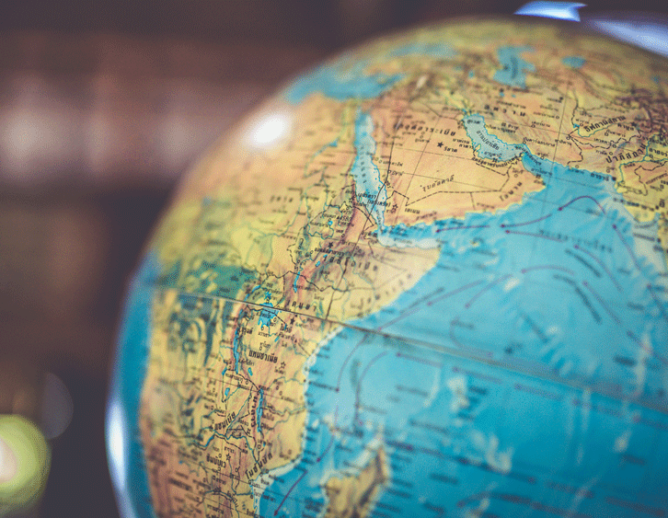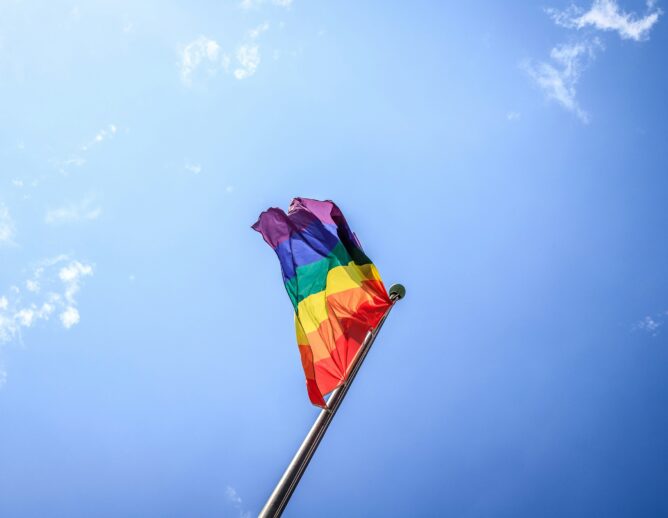 My mother was fiercely supportive and protective of the people she loved and the causes she believed in. Her strength as a woman, her dedication as a mother, and her death in a car accident when I was a teenager, inspired me to become an advocate for the health and wellbeing of others. Here at the O’Neill Institute, I promote the use of law as a tool to prevent avoidable death, disease, and injury. If my work can help prevent even one death, it would be a wonderful way for me to honor my mum.
My mother was fiercely supportive and protective of the people she loved and the causes she believed in. Her strength as a woman, her dedication as a mother, and her death in a car accident when I was a teenager, inspired me to become an advocate for the health and wellbeing of others. Here at the O’Neill Institute, I promote the use of law as a tool to prevent avoidable death, disease, and injury. If my work can help prevent even one death, it would be a wonderful way for me to honor my mum.
Women and mothers play a very important role in supporting the health of children, families, and communities. This Mother’s Day, I want to reflect on how communities can better support women in this vital work.
Women and mothers are major contributors to health
Women and mothers are major contributors to health, both as primary caregivers in families and as health care providers in formal and informal health care settings. Mothers are usually primarily responsible for infant and childhood nutrition, which is a key determinant of health in childhood and beyond. Mothers who can provide a supportive environment in early life help children achieve optimal physical and emotional development.
In many countries, women comprise over 75% of the health sector workforce. Although women still tend to occupy lower-status health occupations, they are indispensable contributors to the delivery of health care throughout the world.
Women’s health challenges
Although women and mothers are key contributors to health, many women face significant societal and personal barriers to living healthy lives and to realizing their contribution to the health of others. Gender-based discrimination deprives women of the health care they need. Gender-based inequality, including access to education and income and employment equality, limits women’s ability to protect and promote their own health and the health of those in their care.
Some health conditions have different or greater impacts on women’s health, requiring responses tailored to women’s needs. Girls and women, for example, are particularly vulnerable to HIV infection due to a combination of gender-based inequalities and biological factors, particularly in cultures that limit women’s knowledge about HIV and their ability to practice safer sex.
Women face unique biological and social processes, including pregnancy and childbirth, with potential negative health impacts. Although some progress has been made, maternal mortality remains unacceptably high. Every day, some 800 women die from preventable causes related to pregnancy and childbirth. Ninety-nine percent of maternal deaths occur in developing countries, and the overall burden is greater among women in poor communities and rural areas.
Improving women’s health and supporting our mothers
On Mother’s Day we celebrate and thank our mothers, mother figures, and other important women in our lives. In addition to celebrating, Mother’s Day is a good time to reflect on how, as a society, we can better support women, women’s health, and the vital role that mothers play in our lives.
We must take action to remove the social and financial barriers that prevent women accessing appropriate health care. We must take meaningful steps to encourage girls to complete school, such as providing safe educational environments, and promoting later marriage. We must increase opportunities for women to participate in income-generating activities and work towards pay equality. In addition to removing these barriers, we must ensure that health services are tailored to the needs of women and girls.
Empowered, healthy mothers help create healthier families and communities. In addition to celebrating our mums (moms) this Mother’s Day, let’s work harder to support them.
Latest
FDA v. Alliance for Hippocratic Medicine: Recapping the Supreme Court’s Oral Argument
Suhasini Ravi Rebecca Reingold



